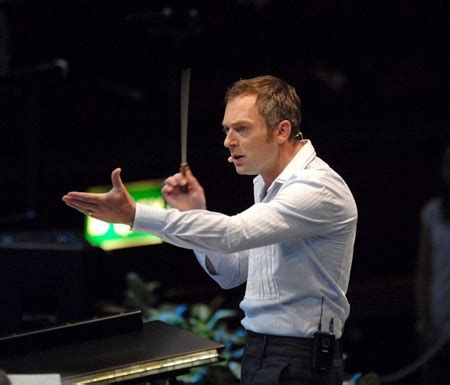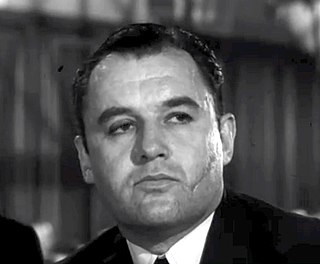A Quote by Danielle Dutton
Back then, when I had that original idea to write about the seventeenth century, the whole thing was set in 1666. I was thinking of Margaret near the end of her life, and that was the voice I heard for her.
Related Quotes
But when I realized it was actually going to be this portrait of the artist, birth to death, I had to then discover who Margaret as a young woman would be. I had to find the different voices for her throughout her life. I had a lot of fun discovering that. I had a lot of fun writing the childhood sections. By imagining her childhood, I was able to come up with this voice that matures as she gets older.
I was doing an interview with Charlie Rose and he said, "What do you think about Margaret Thatcher?" - and I had not heard she had died at this point - and he said, "Is there any kind of Shakespearian overtone here?" I said, "Well, actually, Julius Caesar, because ever if a politician was stabbed in the back, it was Mrs. Thatcher, by all her conspiratorial cabinet, which really did just stab her in the back." It's a rather interesting resonance.
She looked into the distance, and the old terror flamed up for an instant, then sank again. Edna heard her father's voice and her sister Margaret's. She heard the barking of an old dog that was chained to the sycamore tree. The spurs of the cavalry officer clanged as he walked across the porch. There was the hum of bees, and the musky odor of pinks filled the air. (last lines)
When you think in terms of public service, I heard so much about what Mother Theresa had done in her life. And I was fortunate enough to get a chance to meet her and talk to her a lot about what motivates her and what drives her. And that, to me, is a person that really is an extraordinary role model.
The way Fatboy Slim layers motifs is the same as 18th-century baroque counterpoint. You have an idea, then you have an answer to the idea in another voice, then you have a counter idea accompanying the original idea, and you build up your texture like that. I'm really into Kruder and Dorfmeister at the moment, and they do the same thing.
Perhaps I will die too, she told herself, and the thought did not seem so terrible to her. If she flung herself from the window, she could put an end to her suffering, and in the years to come the singers would write songs of her grief. Her body would lie on the stones below, broken and innocent, shaming all those who had betrayed her. Sansa went so far as to cross the bedchamber and throw open the shutters ... but then her courage left her, and she ran back to her bed, sobbing.
I wanted to tell her that she was the first beautiful thing I had seen in three years. That the sight of her yawning to the back of her hand was enough to drive the breath from me. How I sometimes lost the sense of her words in the sweet fluting of her voice. I wanted to say that if she were with me then somehow nothing could ever be wrong for me again.
I wanted to fathom her secrets; I wanted her to come to me and say: "I love you," and if not that, if that was senseless insanity, then...well, what was there to care about? Did I know what I wanted? I was like one demented: all I wanted was to be near her, in the halo of her glory, in her radiance, always, for ever, all my life. I knew nothing more!
Rage-the biggest, truest rage of her adult life-had invaded her like a fever, but it wasn't like any fever she had known previously. It circulated like weird serum, cold on the right side of her body, then hot on the left, where her heart was. It seemed to come nowhere near her head, which remained clear.
This person had arrived, he had illuminated her, he had ensorcelled her with notions of miracle and beauty, he had both understood and misunderstood her, he had married her, he had broken her heart, he had looked upon her with those sad and hopeless eyes, he had accepted his banishment, and now he was gone. What a stark and stunning thing was life- that such a cataclysm can enter and depart so quickly, and leave such wreckage behind!































